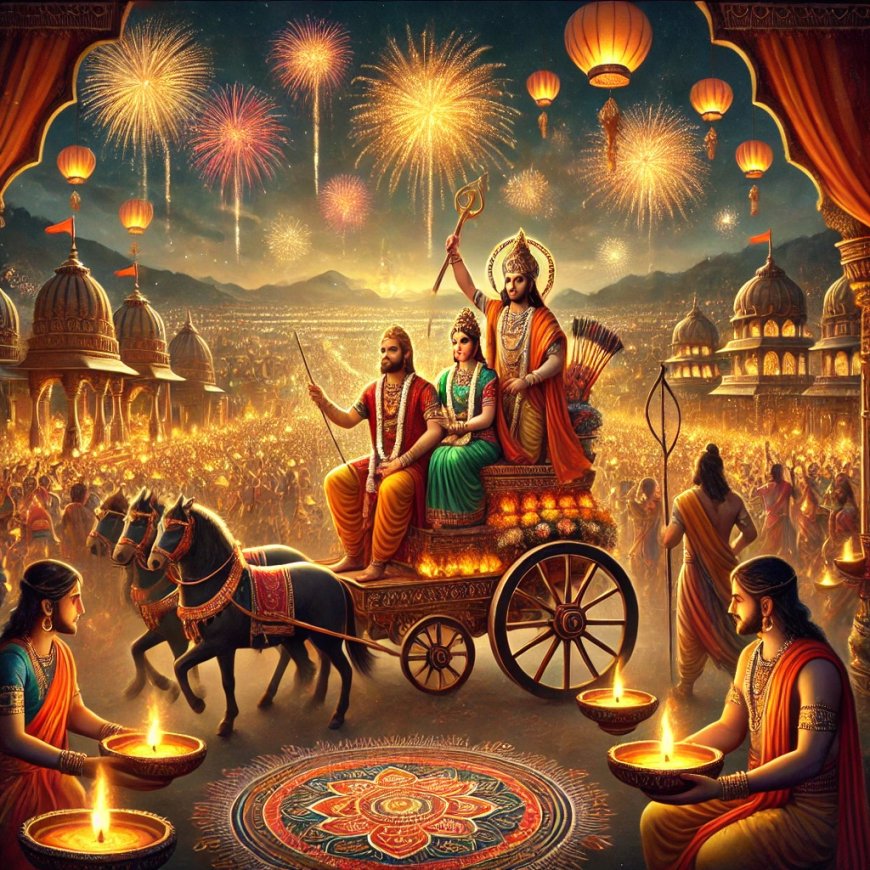Diwali, also known as Deepavali, is a vibrant and significant festival celebrated by Hindus and several other Indian religions. Often referred to as the "Festival of Lights," Diwali symbolizes the spiritual triumph of light over darkness, good over evil, and knowledge over ignorance. One of the key aspects people search for is what Diwali is also known as, and the answer is Deepavali, a term rooted in the Sanskrit word "dīpāvali," meaning a row of lights. This meaning reflects the festival’s widespread tradition of illuminating homes, temples, and public spaces with oil lamps, candles, and colorful lights.
Celebrated during the lunisolar months of Ashvin and Kartika (mid-September to mid-November), Diwali lasts for five to six days. Each day carries its own significance and rituals, from lighting diyas (oil lamps) and bursting fireworks to performing pujas dedicated to deities like Lakshmi, the goddess of prosperity, and Ganesha, the remover of obstacles. For many, Diwali also marks the return of Lord Rama to Ayodhya after defeating the demon king Ravana, a tale that symbolizes the victory of good over evil.
In addition to its association with Hinduism, Diwali is observed by Jains, Sikhs, and Buddhists. Jains celebrate the festival to honor Lord Mahavira's attainment of nirvana, while Sikhs commemorate the release of Guru Hargobind on Bandi Chhor Divas. Newar Buddhists in Nepal, unlike other Buddhists, observe Diwali by worshiping Lakshmi.
During the festivities, families come together to share meals, sweets (mithai), and gifts, making it a time of bonding and joy. The festival also includes public celebrations, such as community parades and fairs, where music, dance, and performances enliven the atmosphere. Fireworks are an essential part of Diwali, lighting up the night sky to signify the driving away of darkness.
For the Hindu, Sikh, and Jain diaspora, Diwali is a major cultural event celebrated globally. It is recognized as an official holiday in various countries, including India, Nepal, Fiji, and Trinidad and Tobago, where it unites communities in joyful observance.
The origins of Diwali can be traced back to ancient India, where it likely began as a harvest festival. Early Sanskrit texts like the Padma Purana and the Skanda Purana reference the festival, highlighting its deep cultural and religious roots. Over the centuries, Diwali has been documented by various historians and travelers, from Persian scholars to European explorers, illustrating its widespread significance throughout history.
Today, Diwali continues to be celebrated with a spirit of unity, hope, and renewal, embodying the universal message that light will always triumph over darkness.















